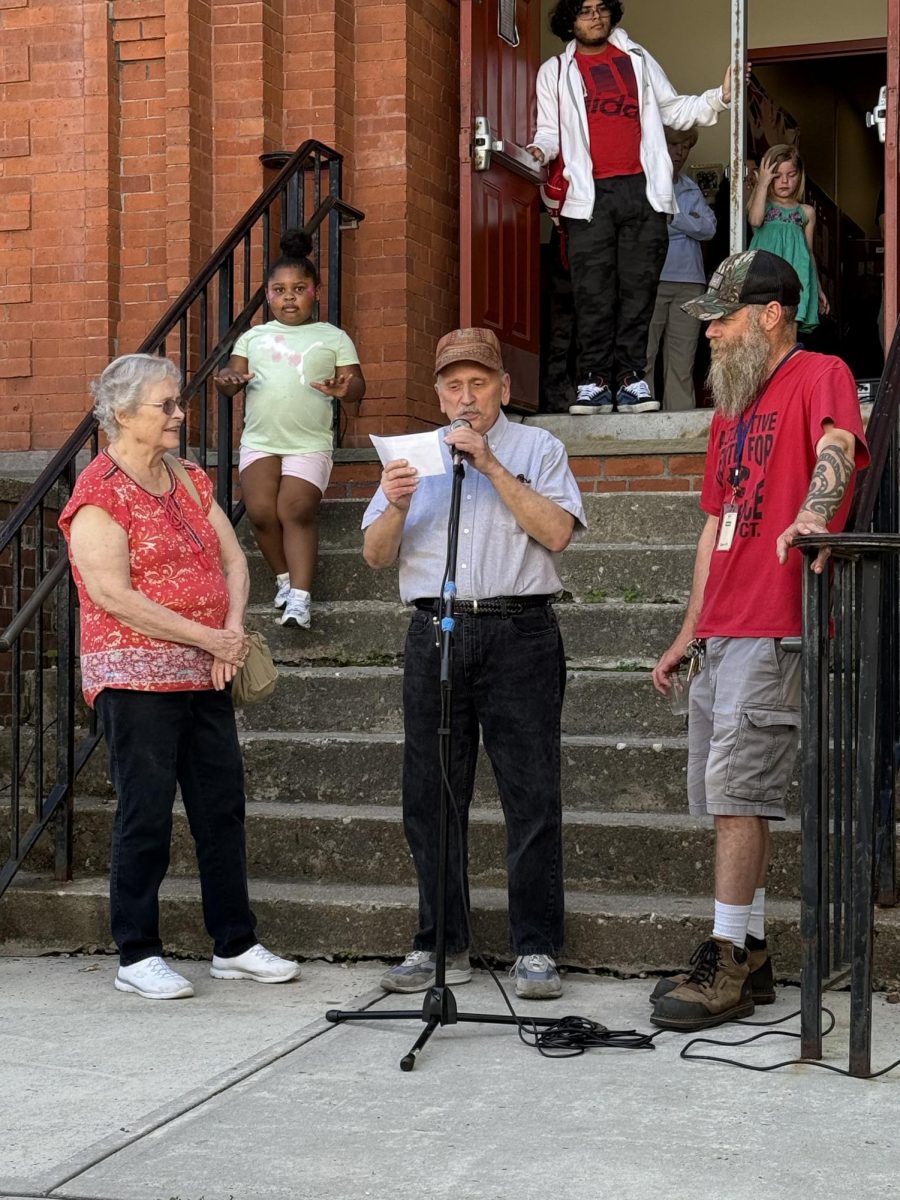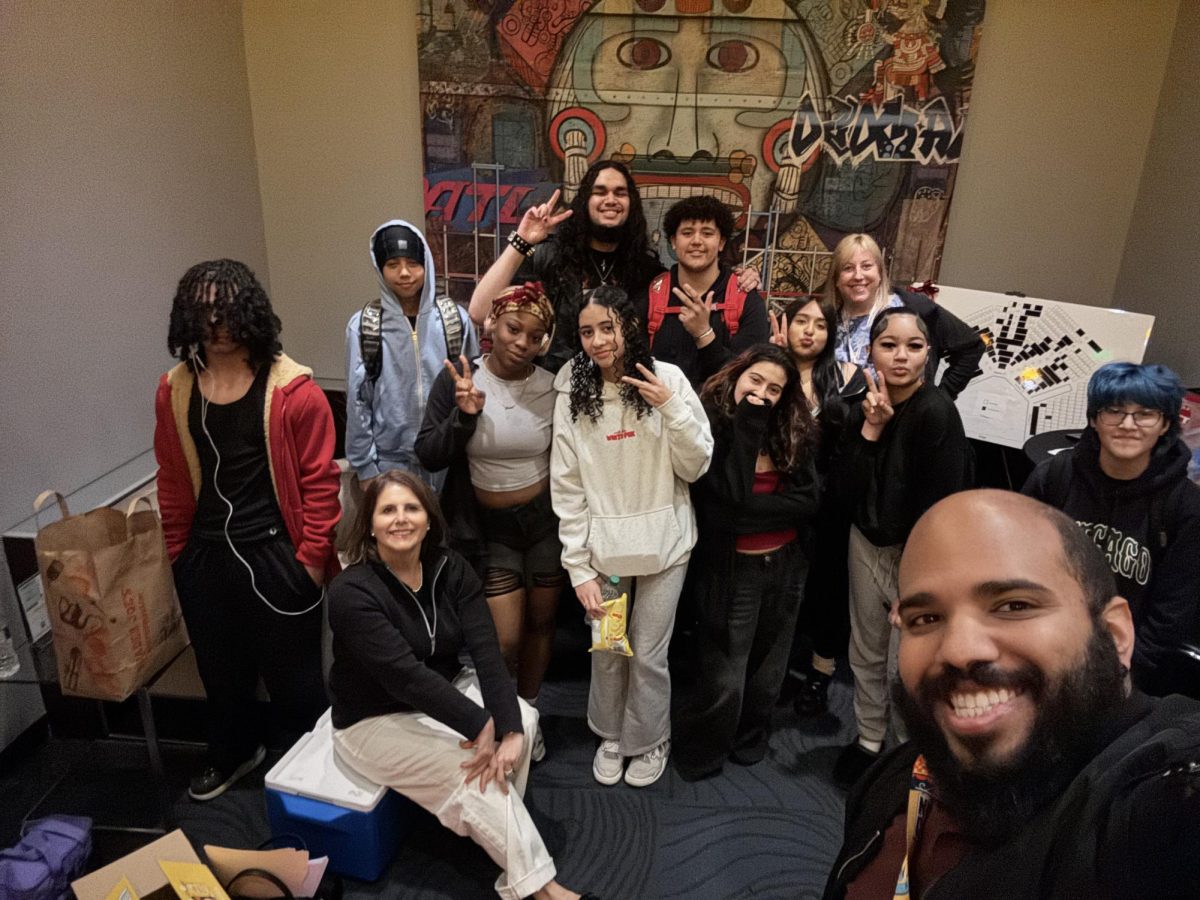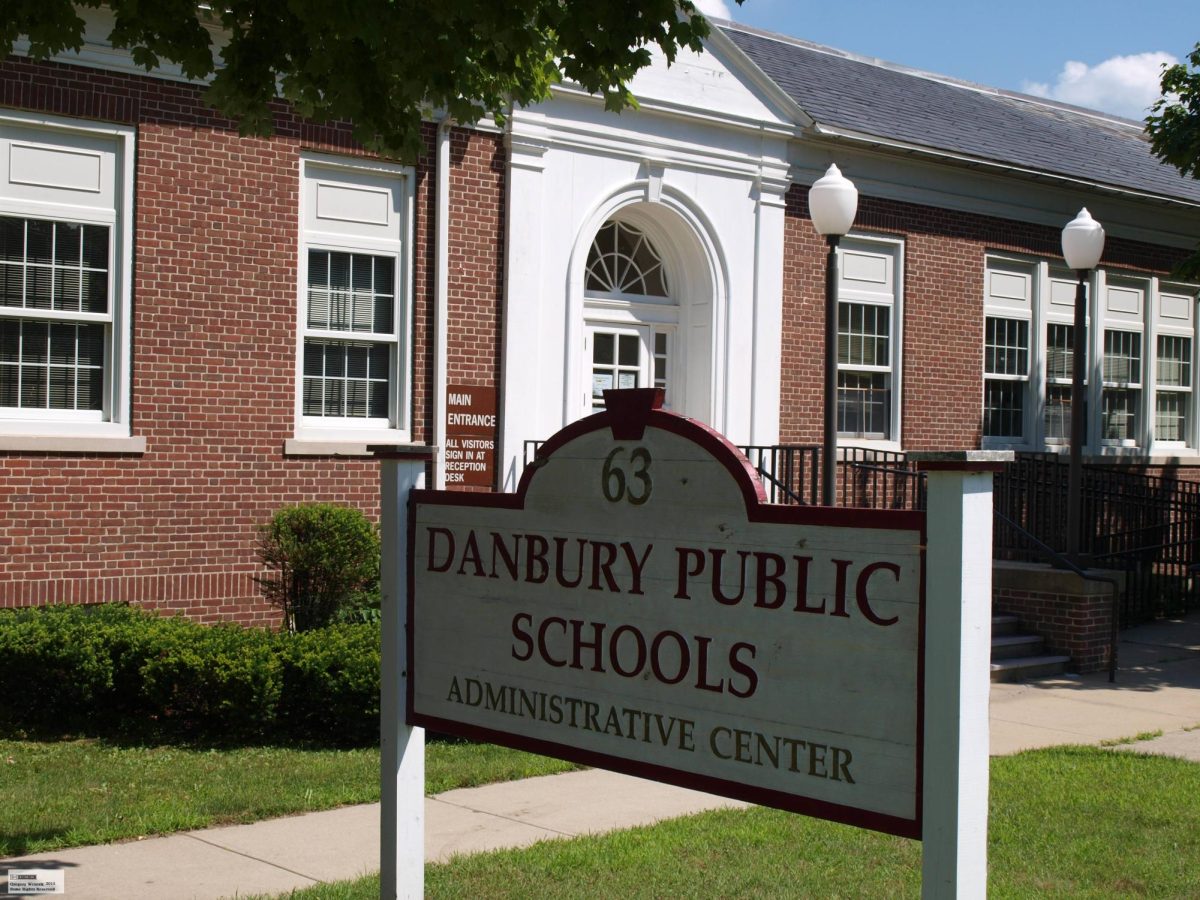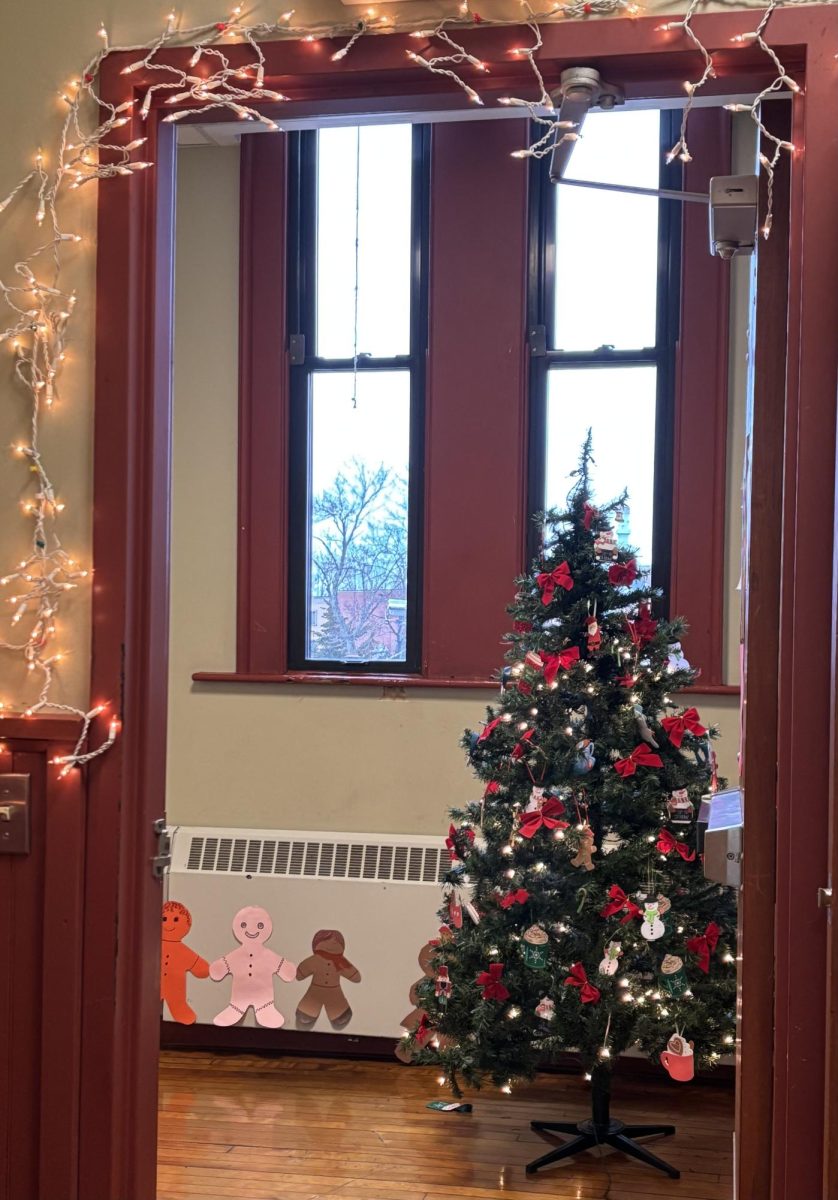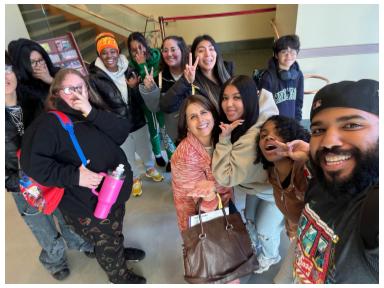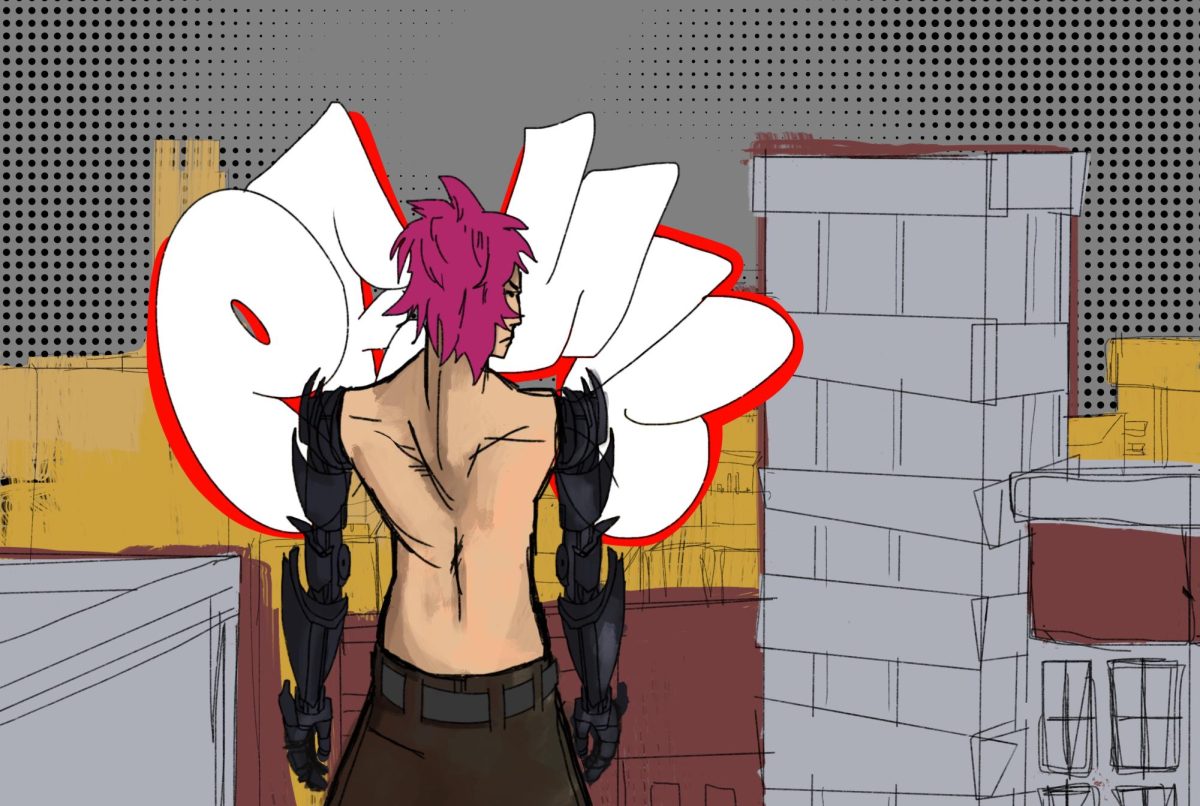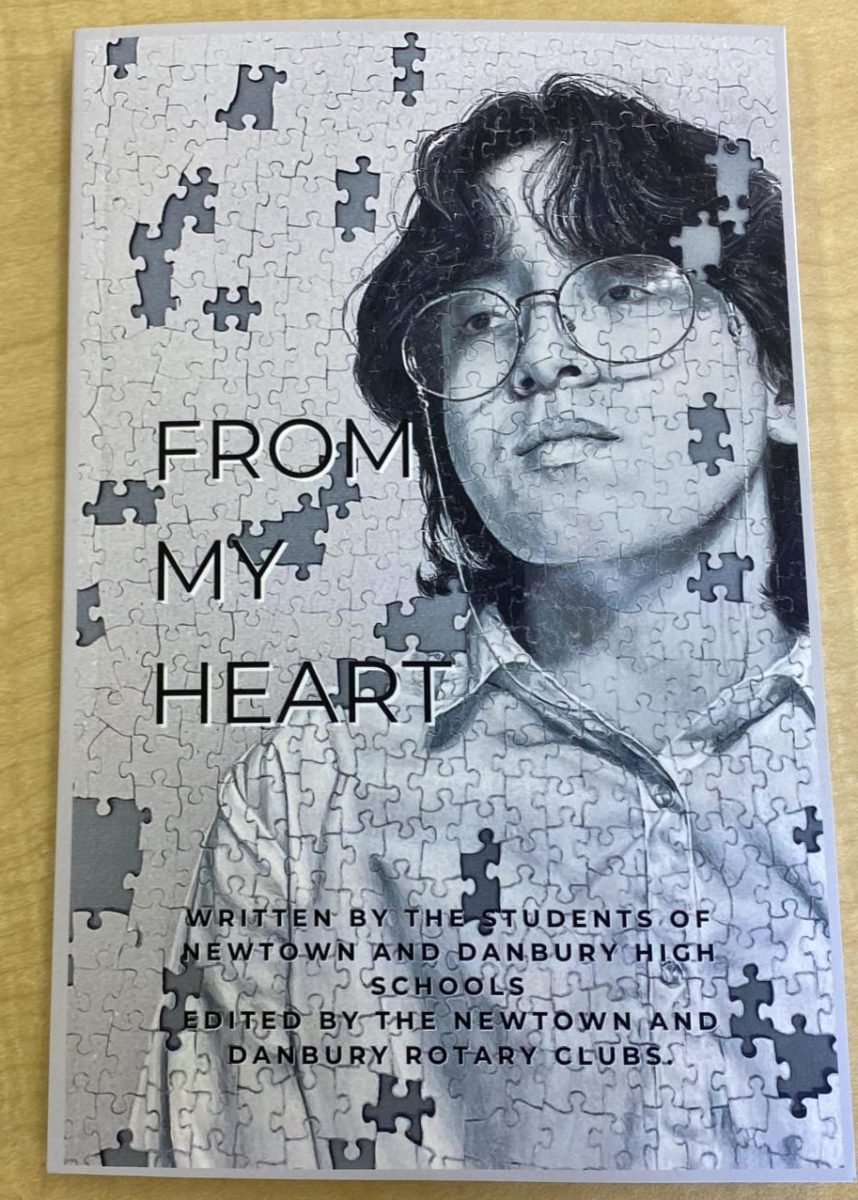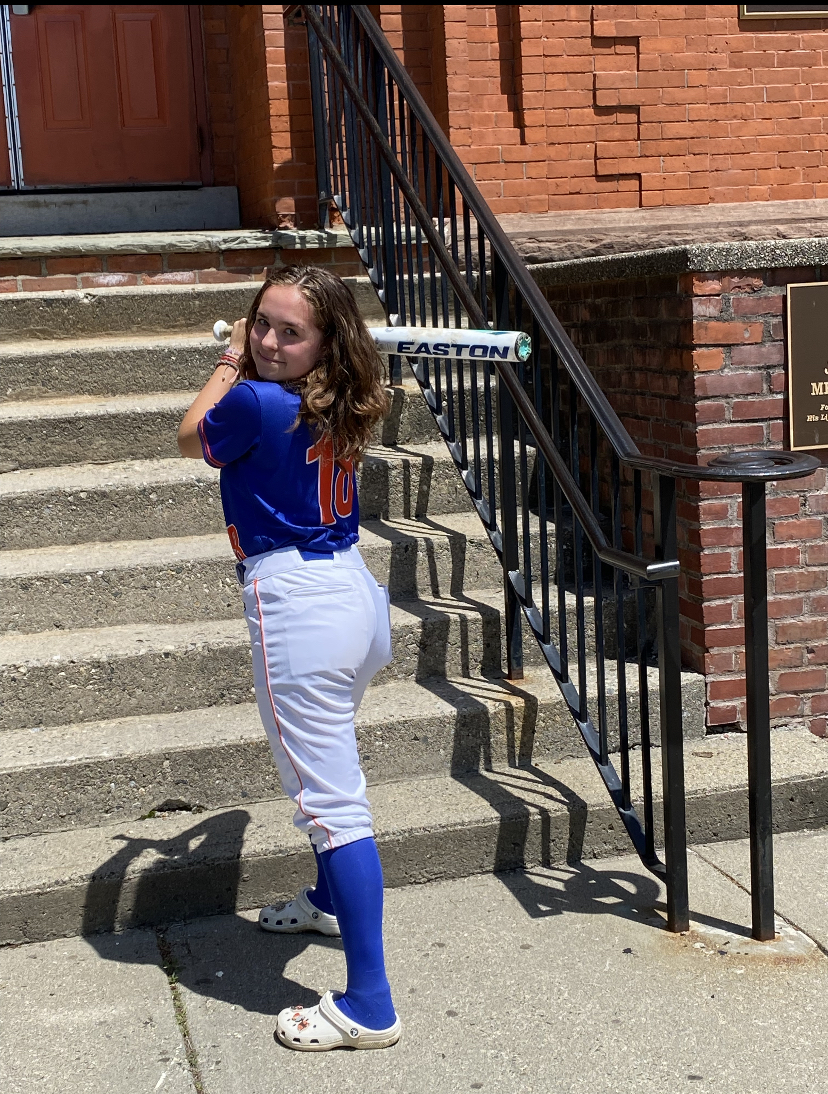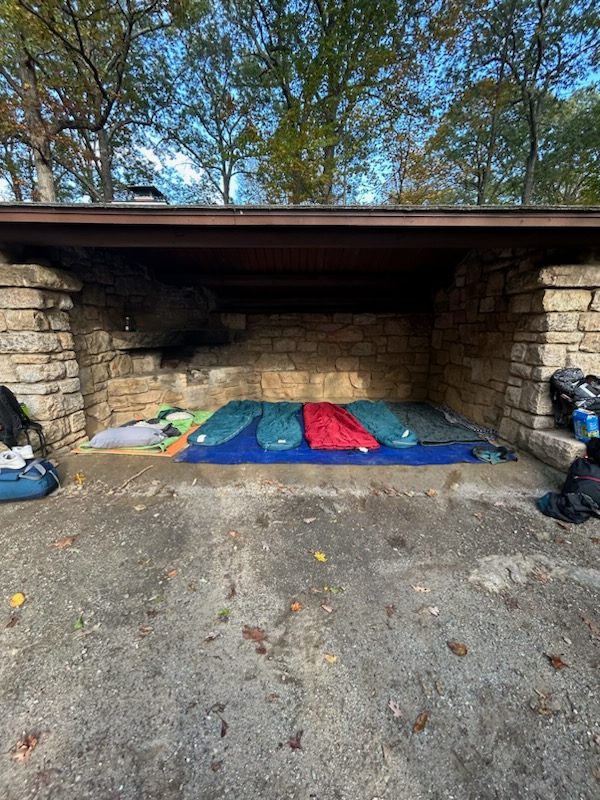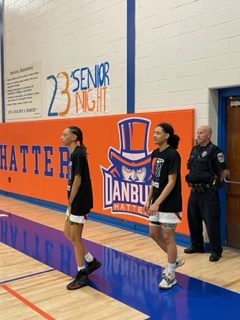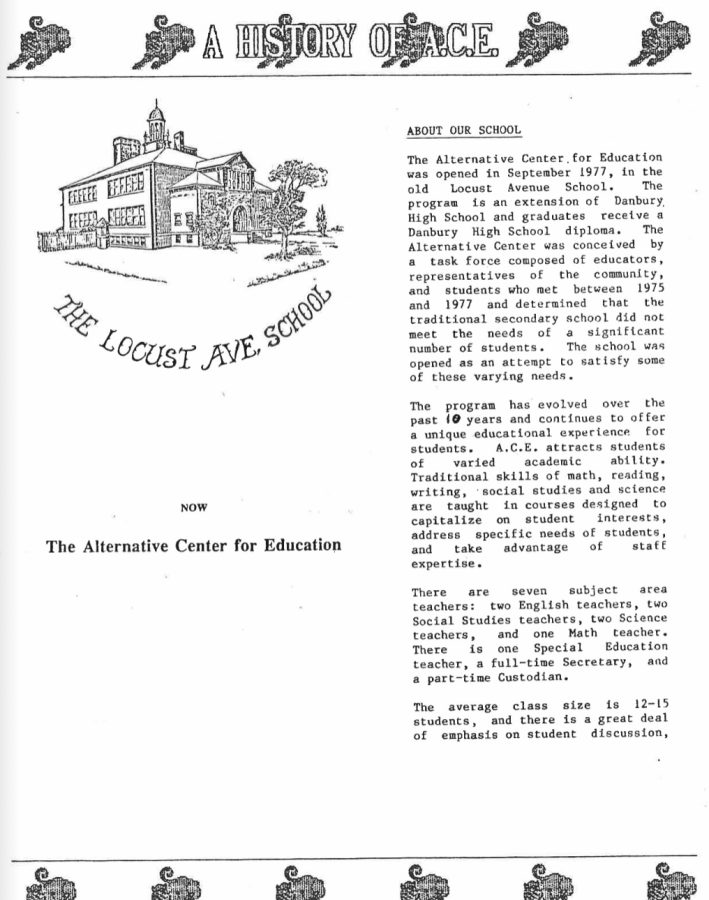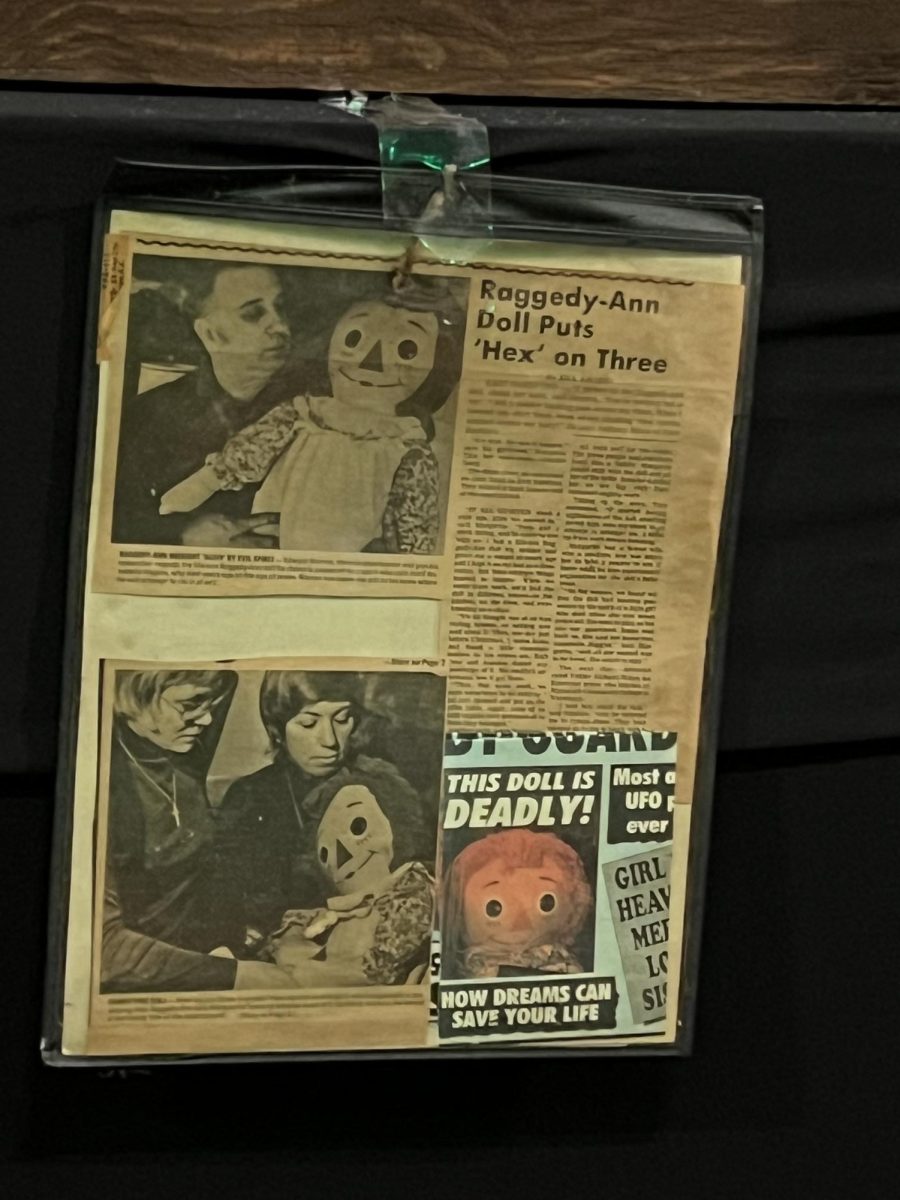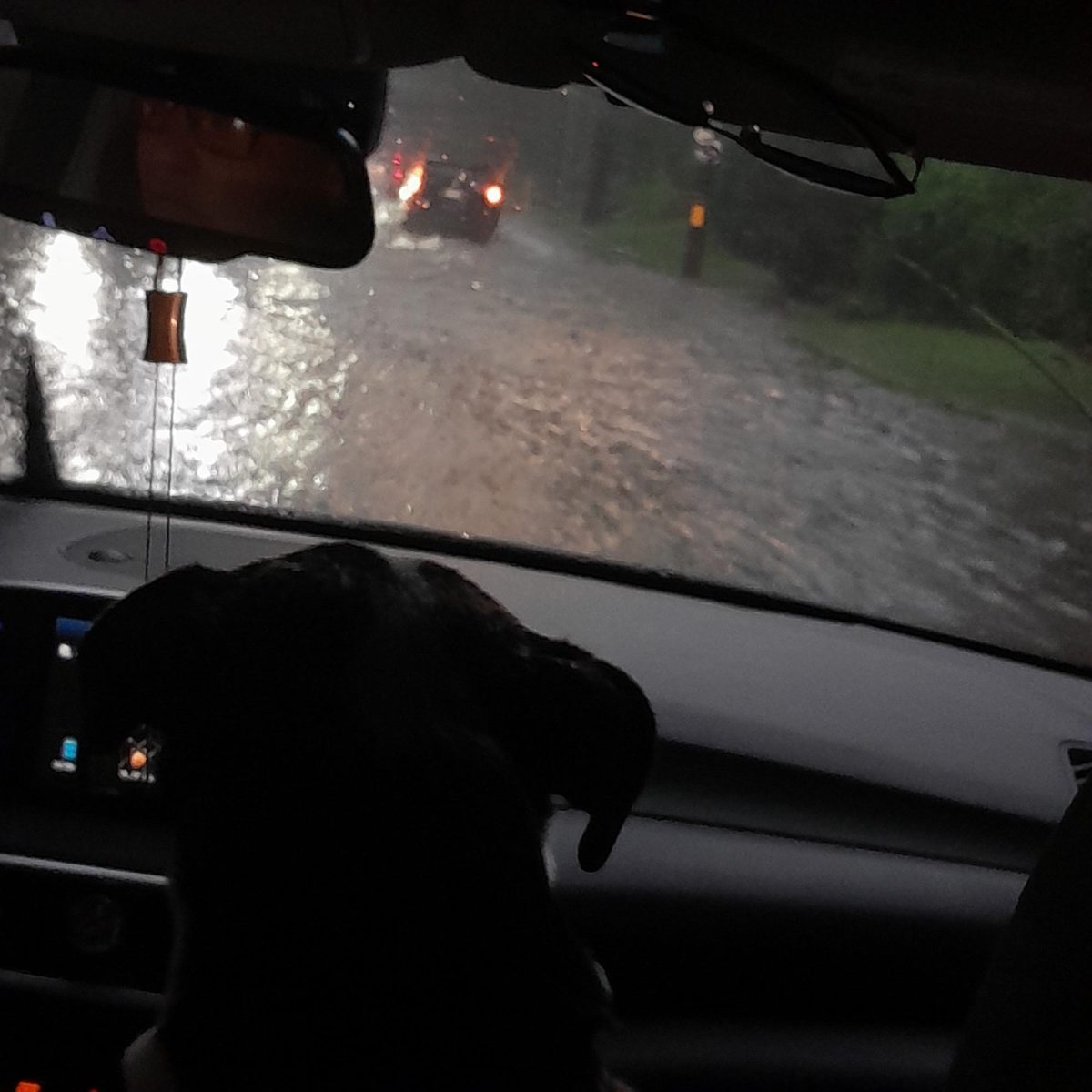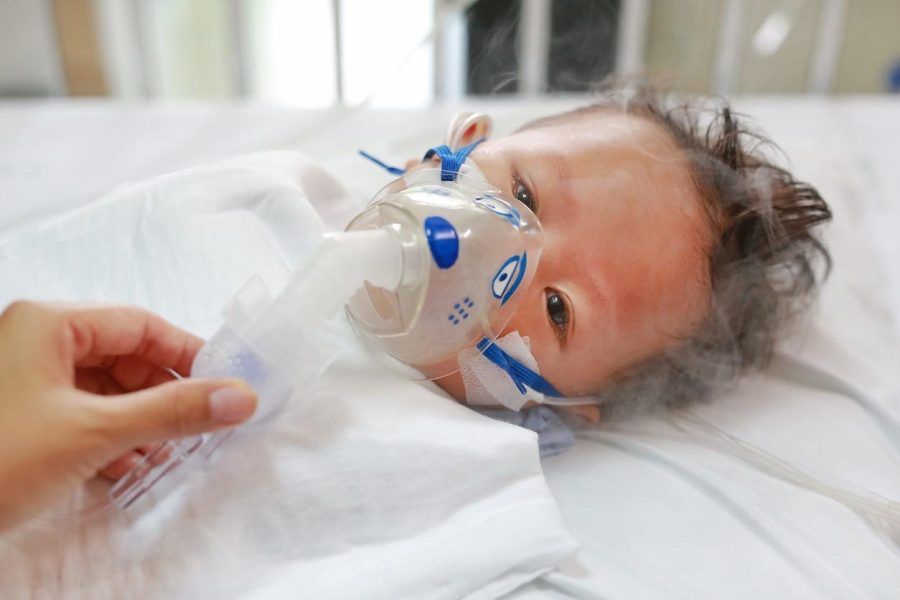Seasonal Sickness Makes Its Way To ACE
January 30, 2023
This week at ACE, a noticeable number of staff and students have been absent from the building. With both Covid-19 and the Influenza virus floating around this season, it’s nearly inevitable that members of the community will fall ill. This year, however, there’s a new virus on the roster – RSV.
Respiratory syncytial virus, or RSV, is a highly contagious virus that affects the respiratory system, primarily the lungs and airways.
In my experience, having RSV was one of the most difficult things I’ve had to deal with in my life. From the runny nose to not
being able to breathe or ‘catch’ my breath, it was a nightmare. The worst of the virus was trying to brush my teeth due to coughing up my left lung every waking moment of the day.
RSV is spread through respiratory droplets produced when an infected person coughs or sneezes. It can also spread by touching a surface or object that has the virus on it and then touching the mouth, nose, or eyes. The virus can also be spread through close contact with an infected person, such as by touching or hugging them.
Symptoms of RSV infection include runny nose, cough, fever, and difficulty breathing. In most cases, the symptoms are mild and resemble a common cold. However, in some cases, the virus can cause severe respiratory illness in infants and young children, older adults and people with certain underlying health conditions, such as chronic lung disease or heart disease.
There is no specific treatment for RSV infection, and most people recover on their own with rest, fluids, and over-the-counter medications to relieve symptoms. However, in some cases, hospitalization may be necessary.

